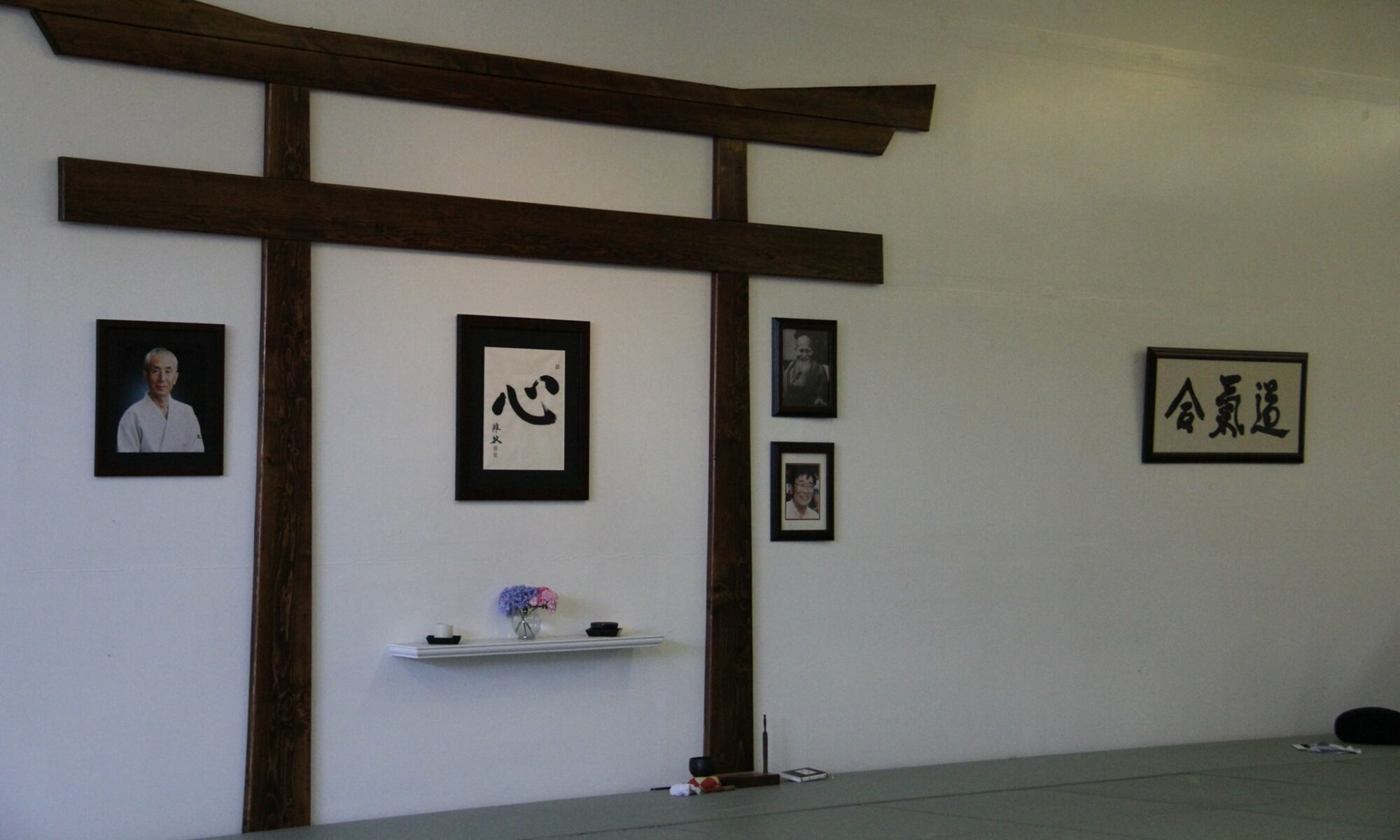We come to our dojo to train so that we’re better able to apply the principles of aikido in our daily lives.
Giving and receiving feedback in a way that promotes learning and growth is an art. Regardless of what part of our lives we consider – Aikido practice, professional, parenting, personal relationships, or other endeavors – the most important thing for helping us improve is feedback from those around us. At the same time, it’s the rare individual who can gracefully and curiously receive feedback and incorporate it into their lives. Moreover, our Aikido practice provides an amazing laboratory for developing this skill.
Feedback is simply a signal that lets us know if we are meeting our desired goals. With that, feedback seems so innocuous and helpful. So why is taking it a skill that we have to learn in order to do well? For Aikido practitioners, the same question is why do do we invest in learning ukemi and doing it well? Taking ukemi and receiving feedback from others are the same thing. And, the same things that limit us in improving our ukemi also create challenges for receiving feedback effectively. One way to look at this is that both of these are the art of “taking it” and the more gracefully we can do that, the more comfort we have in experiencing life.
When we’re able to take a step back and look at the limitations we have to overcome to improve our ability to “take it,” there are some common themes. First, many people experience fear. This is reasonable because the unknown often creates anxiety, doubt, and other emotions. Second, our perception of our own efficacy can shape how we approach these learning opportunities. Finally, if these factors don’t emerge, then our egos may intervene to provide some protection from the physical or mental trauma that might result. And, if we can take one more step back these limitations all have something in common – they’re in our mind. All of these things are features of future possibilities and not current realities.
Our practice is about learning to stay present, stay grounded, and stay open and curious about the people and energies with which we engage. Even more pertinent to this discussion is that half our practice is about entering into something that we know for sure will be uncomfortable with commitment, focus, and generosity. More than once, Aikido Olympia instructors have emphasized that we often learn more by taking ukemi than we do by throwing people. In the case of receiving feedback from others with centered grace and confidence the dojo is the perfect laboratory to develop this ability further.
By Nate Weed

